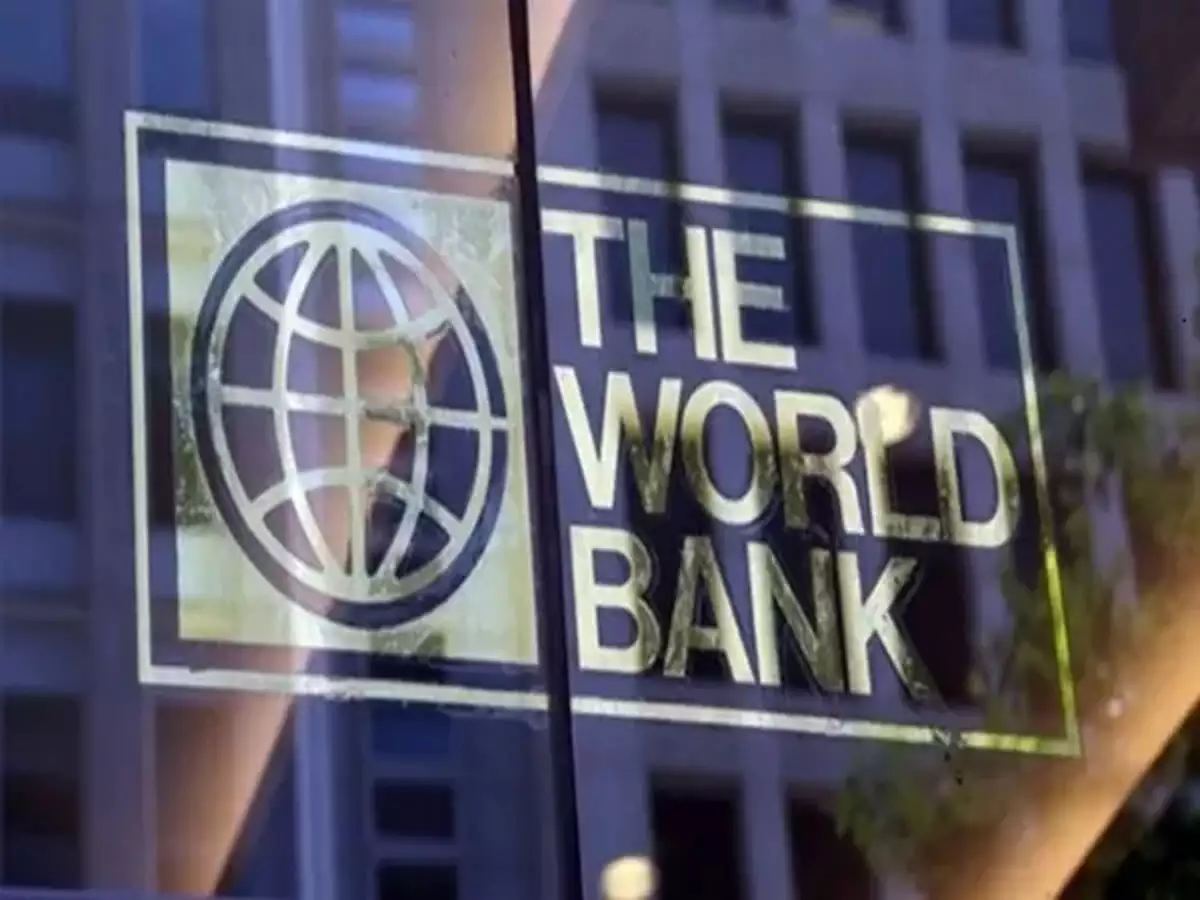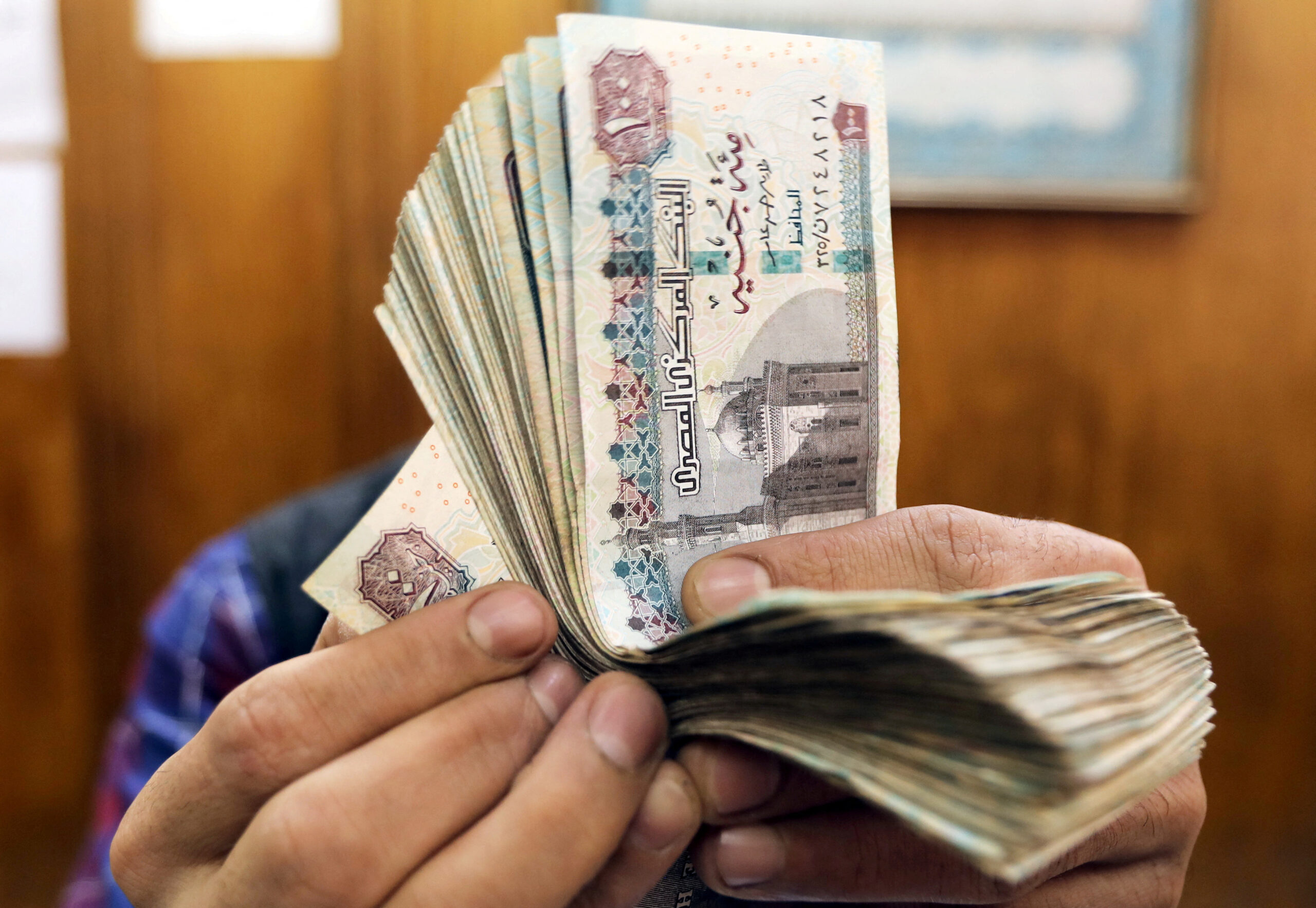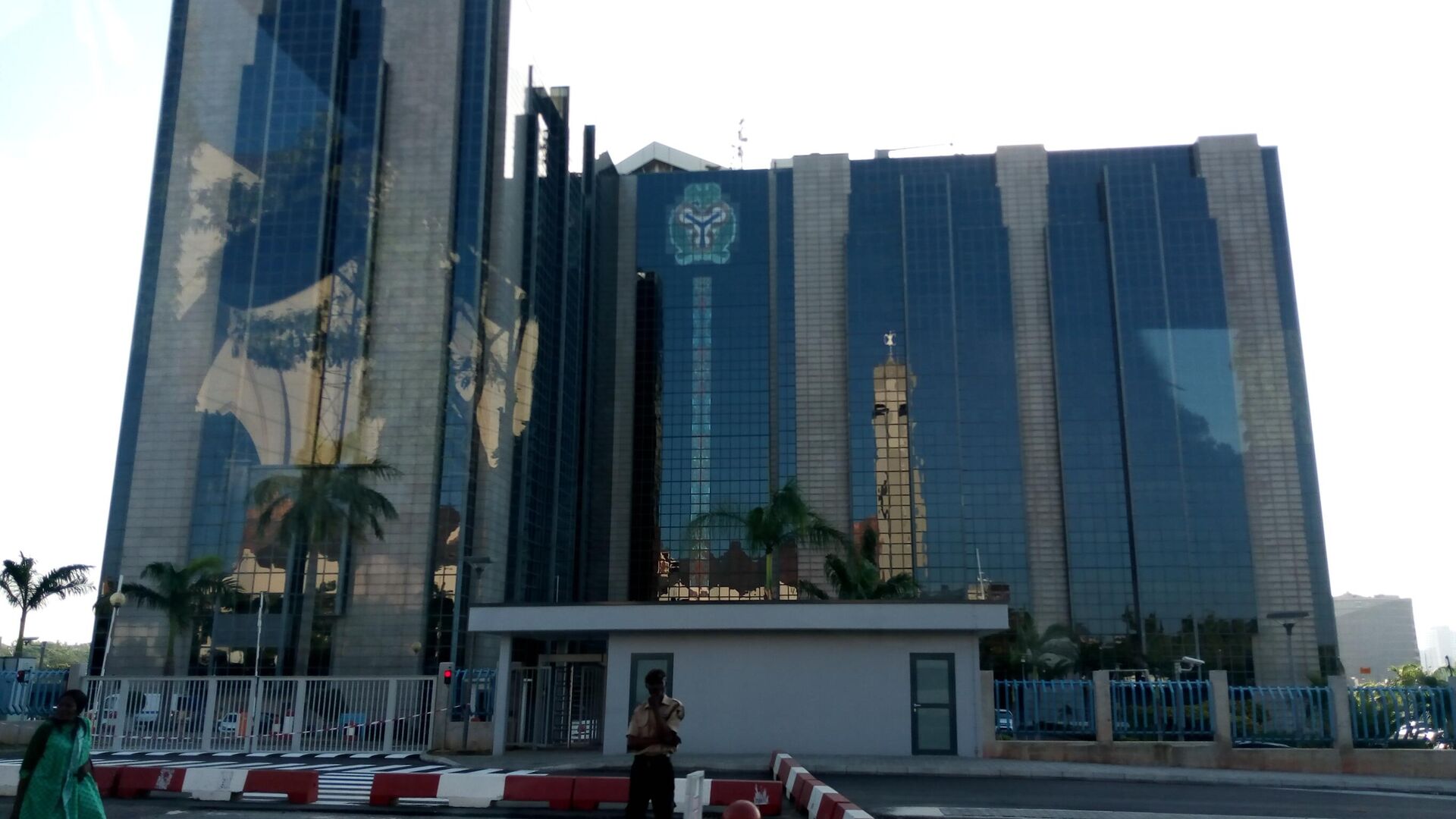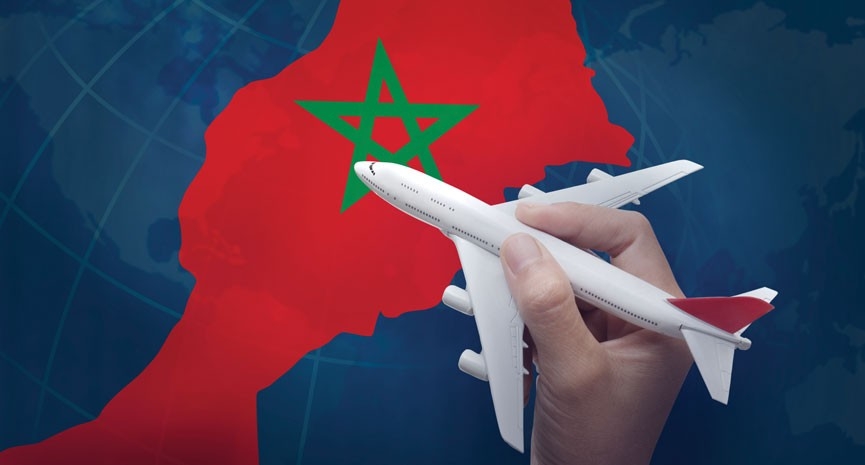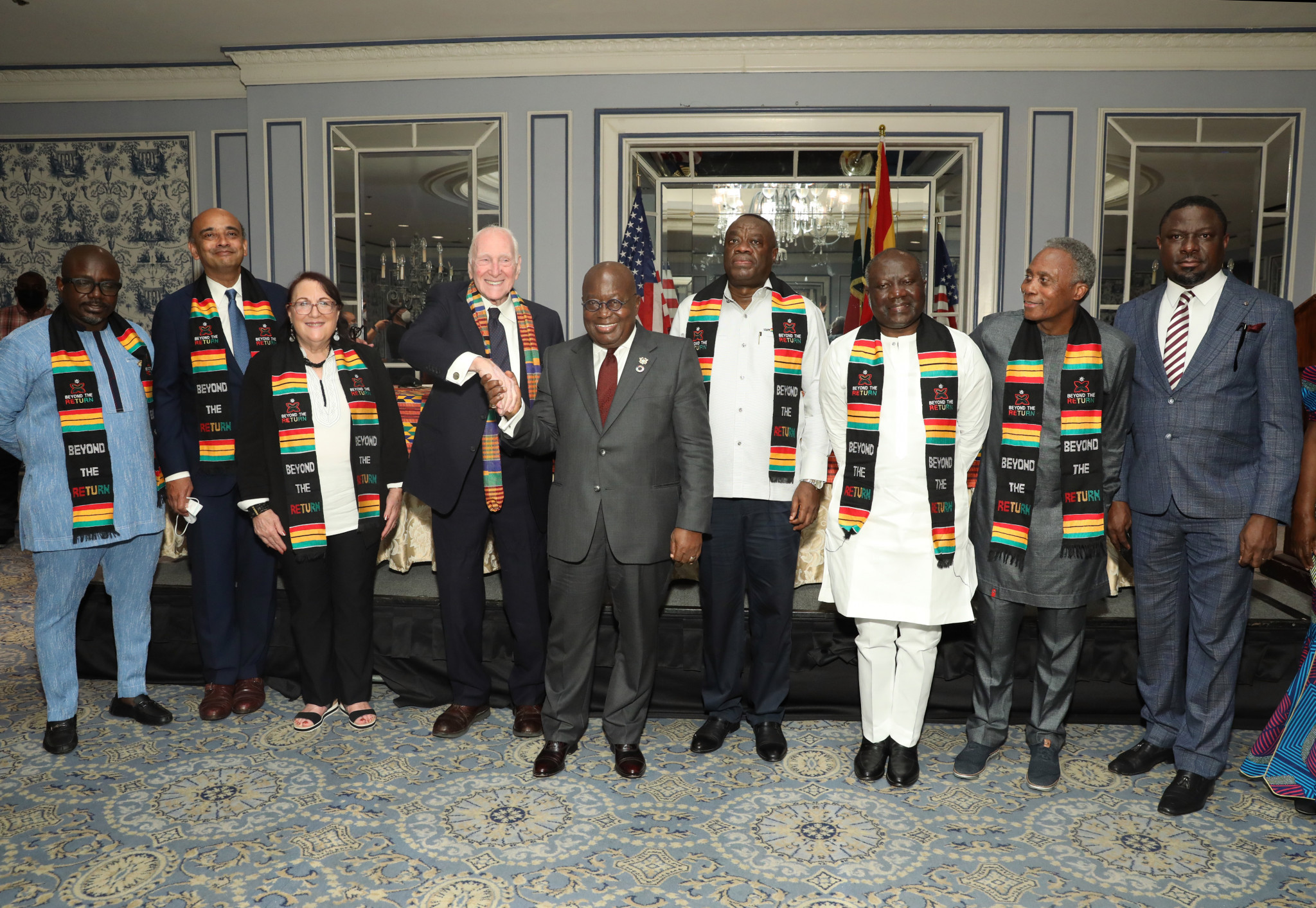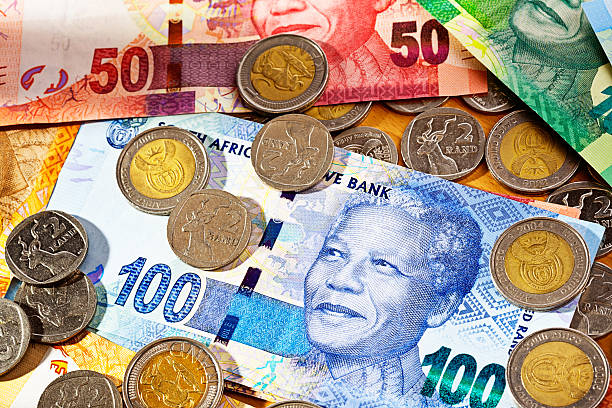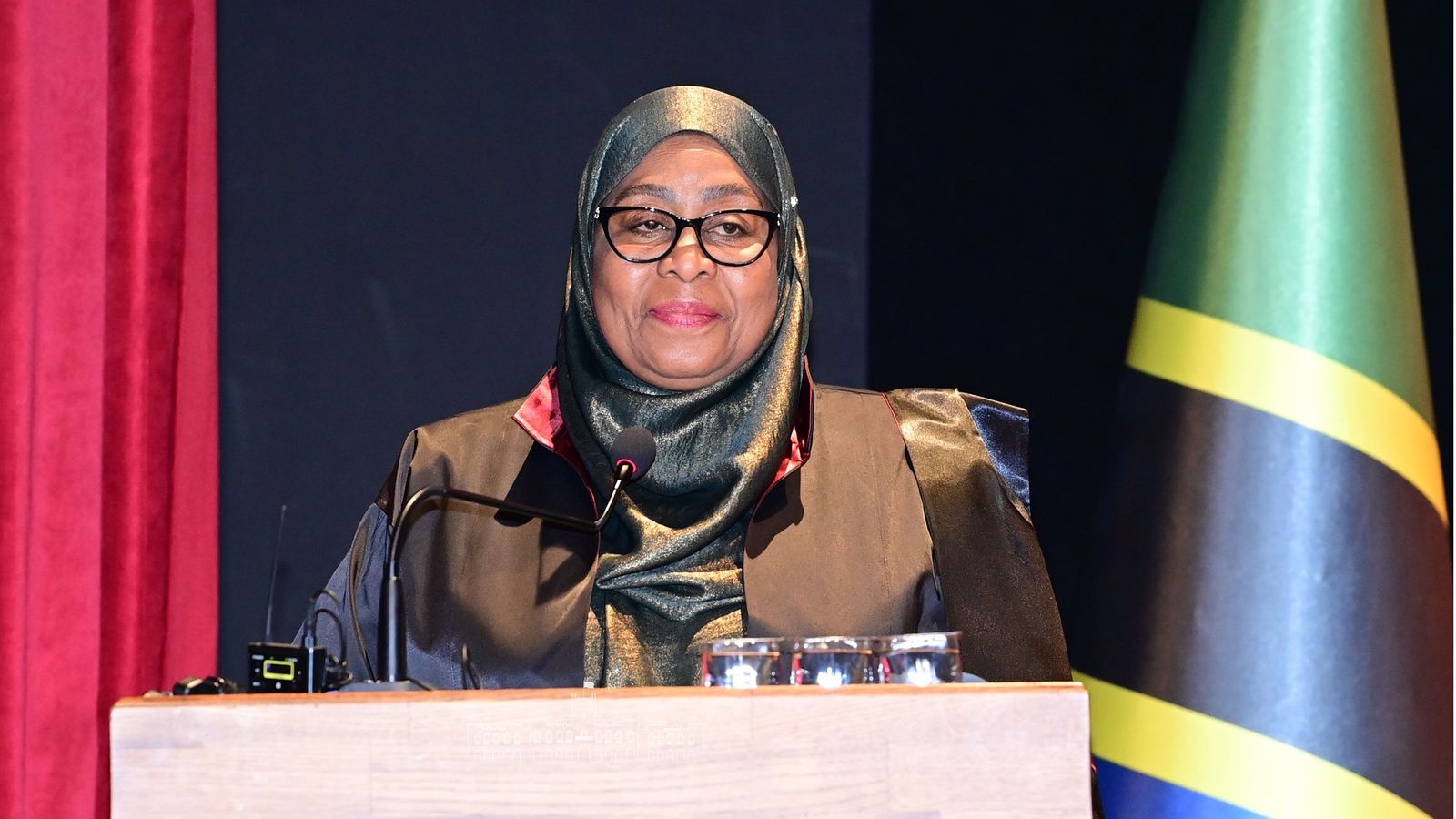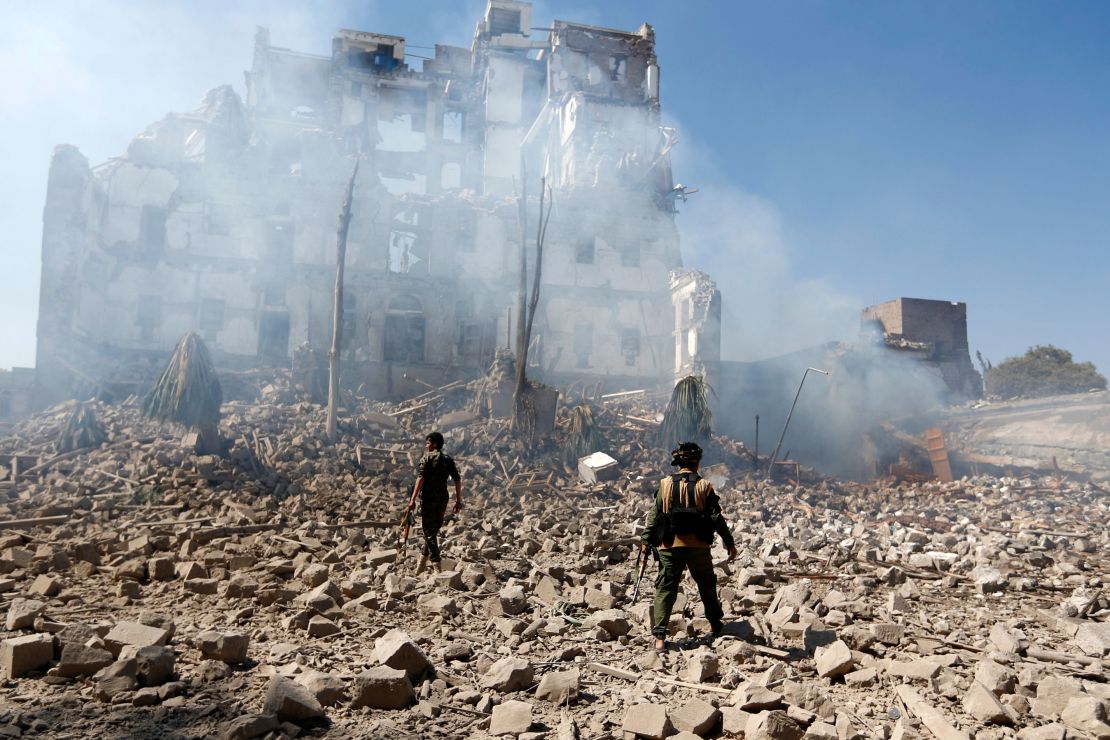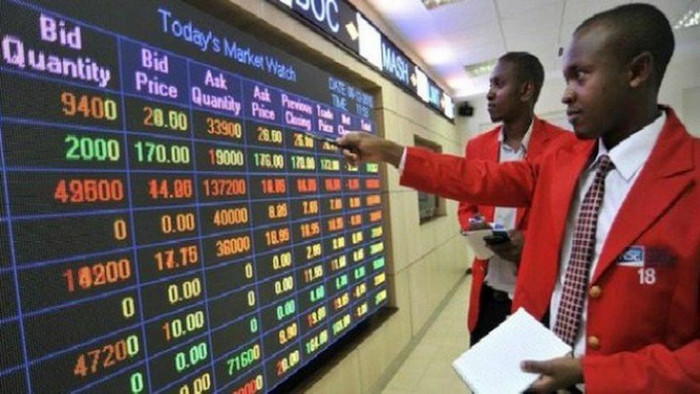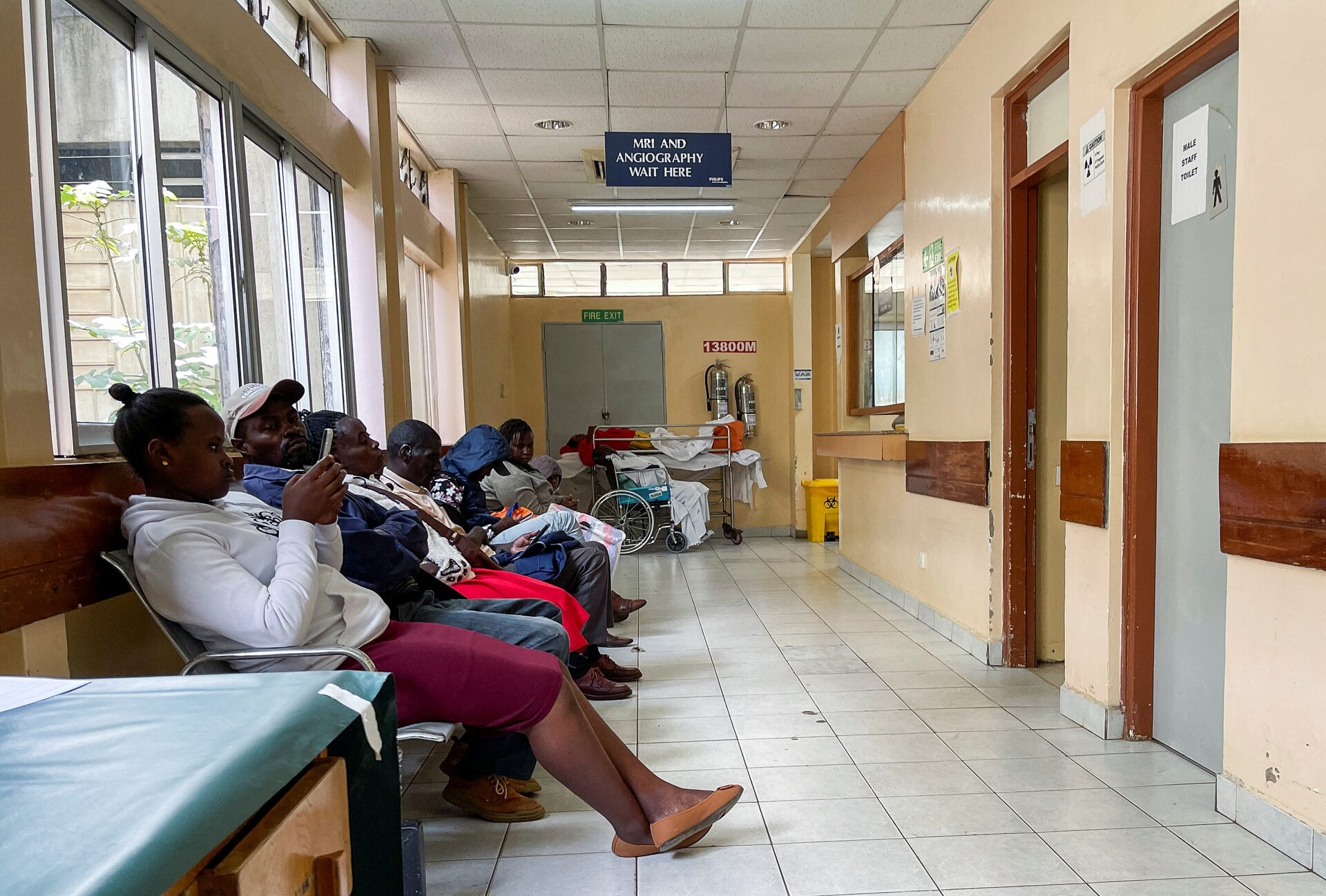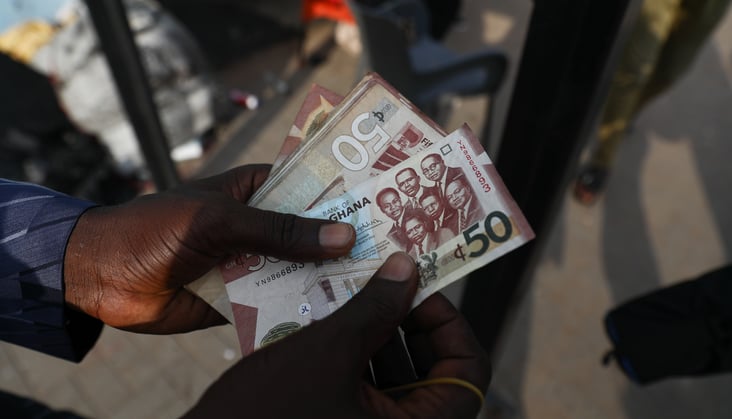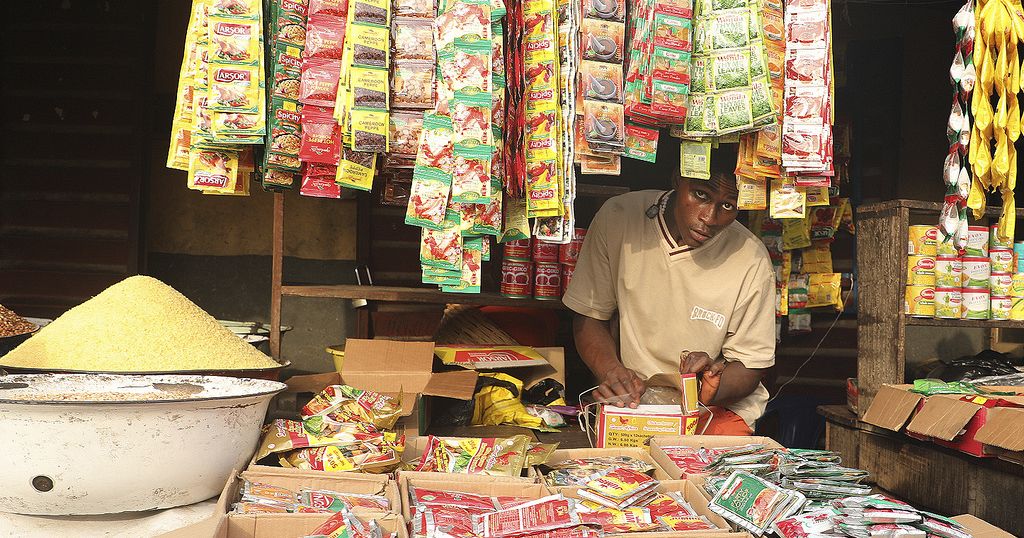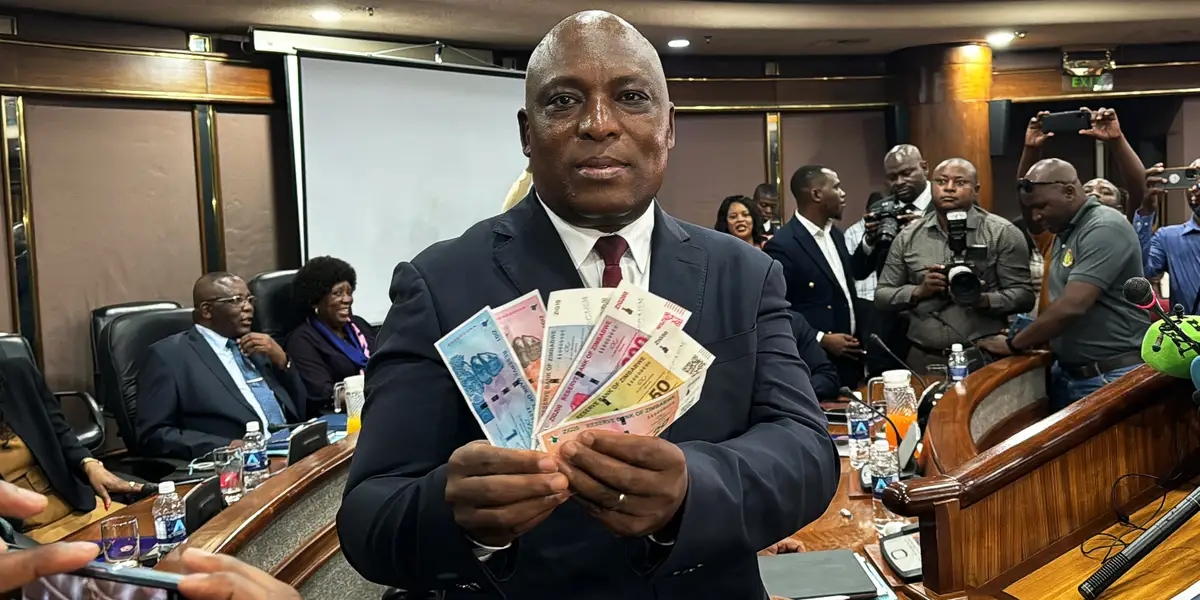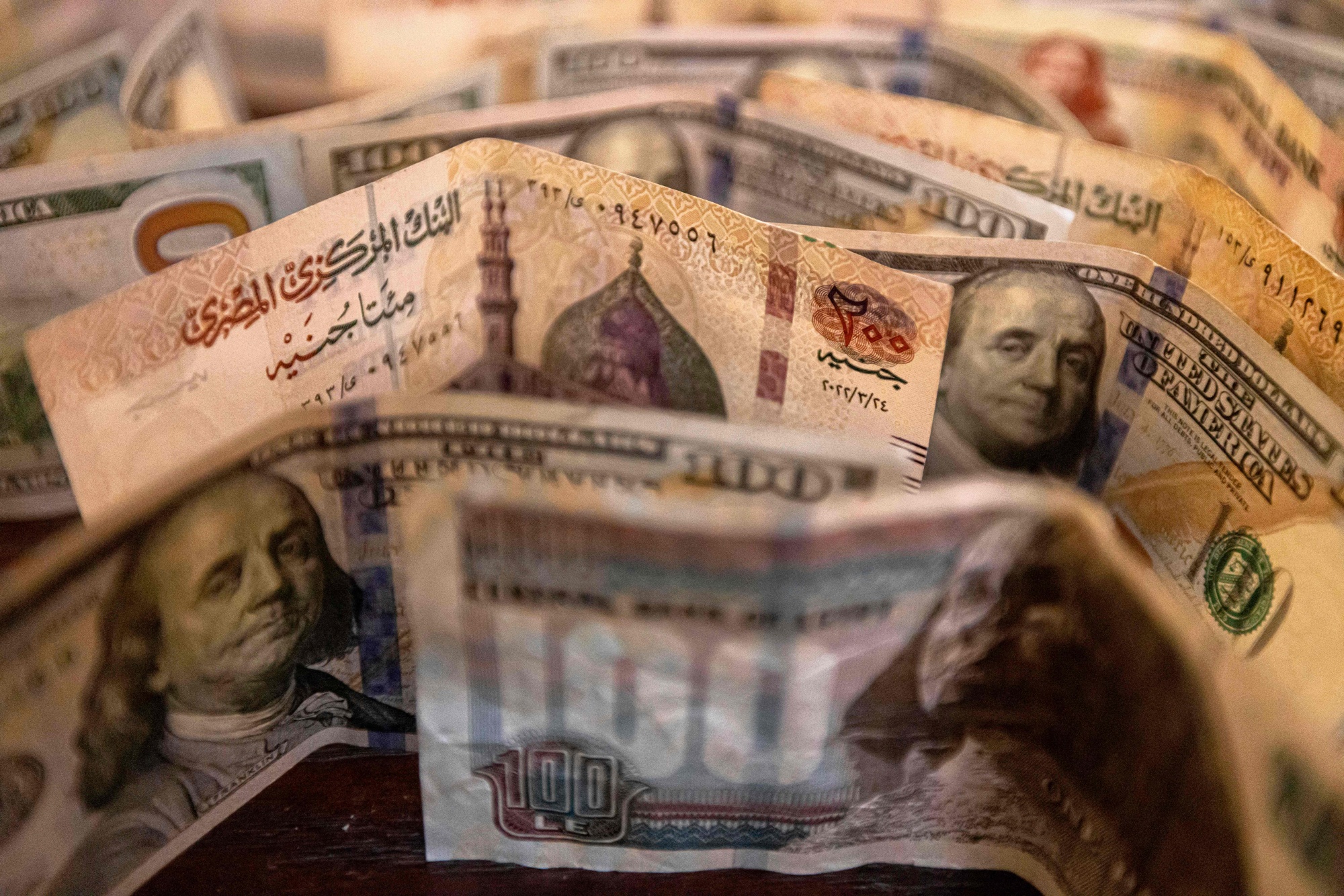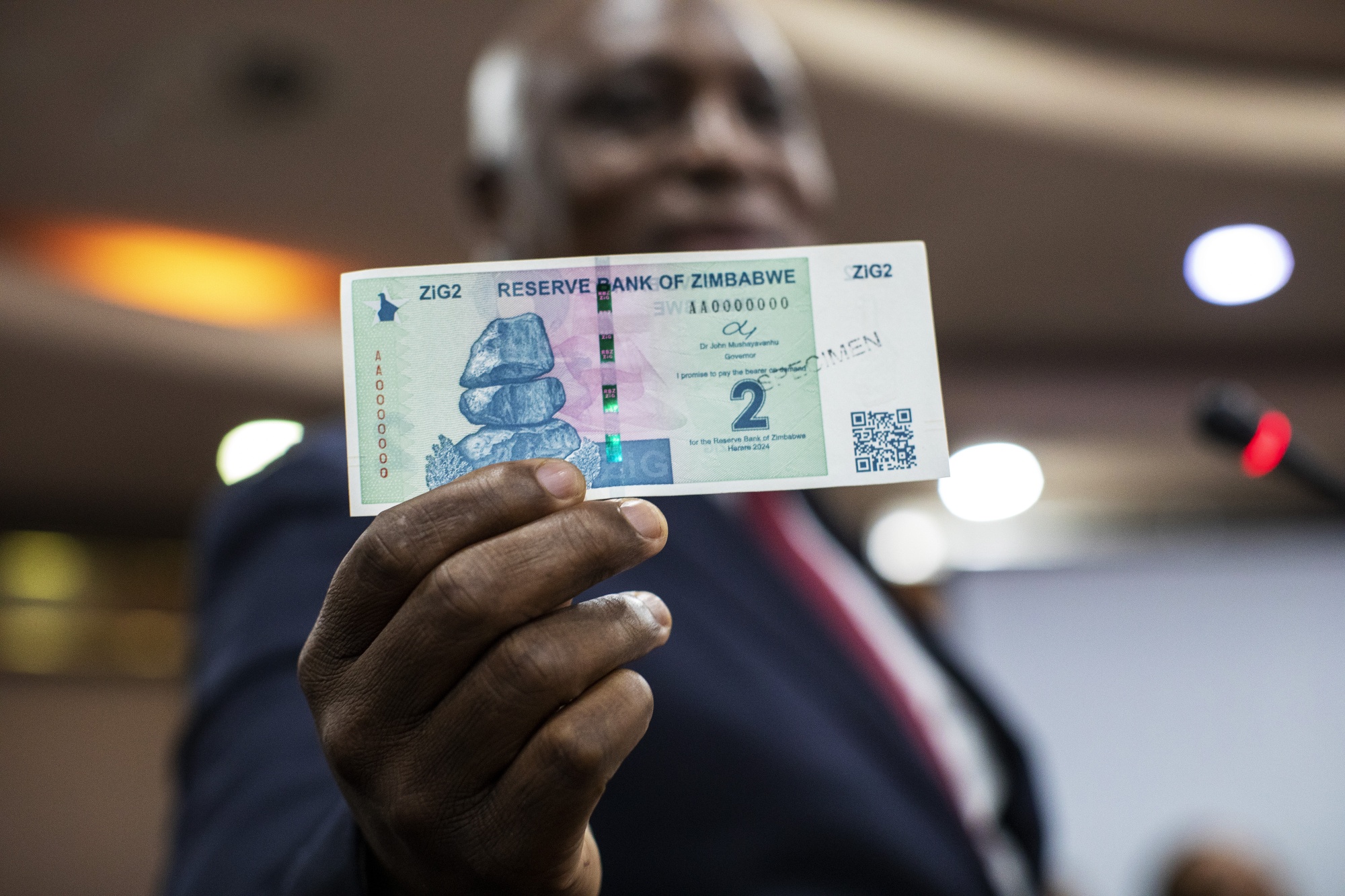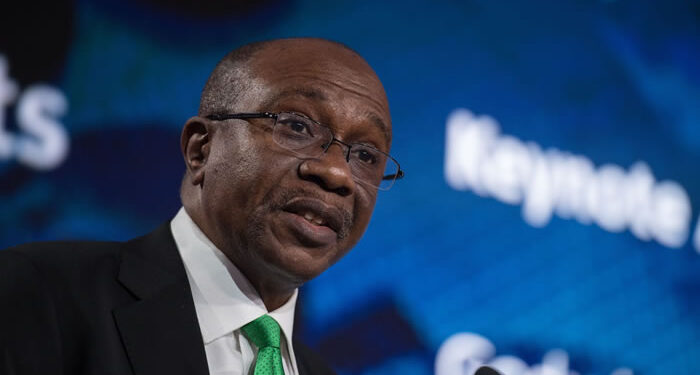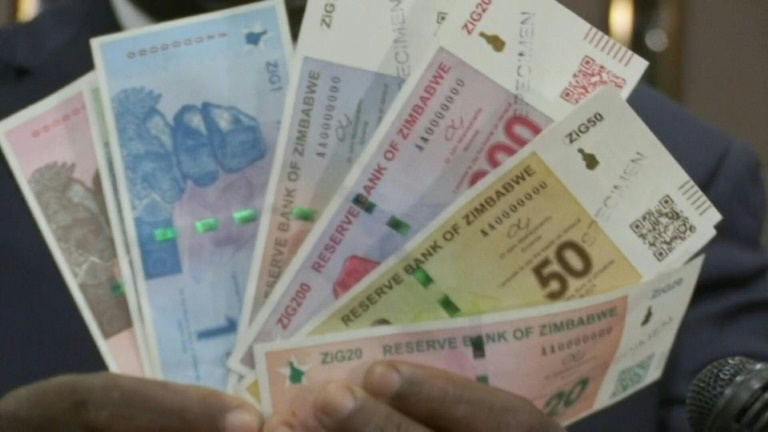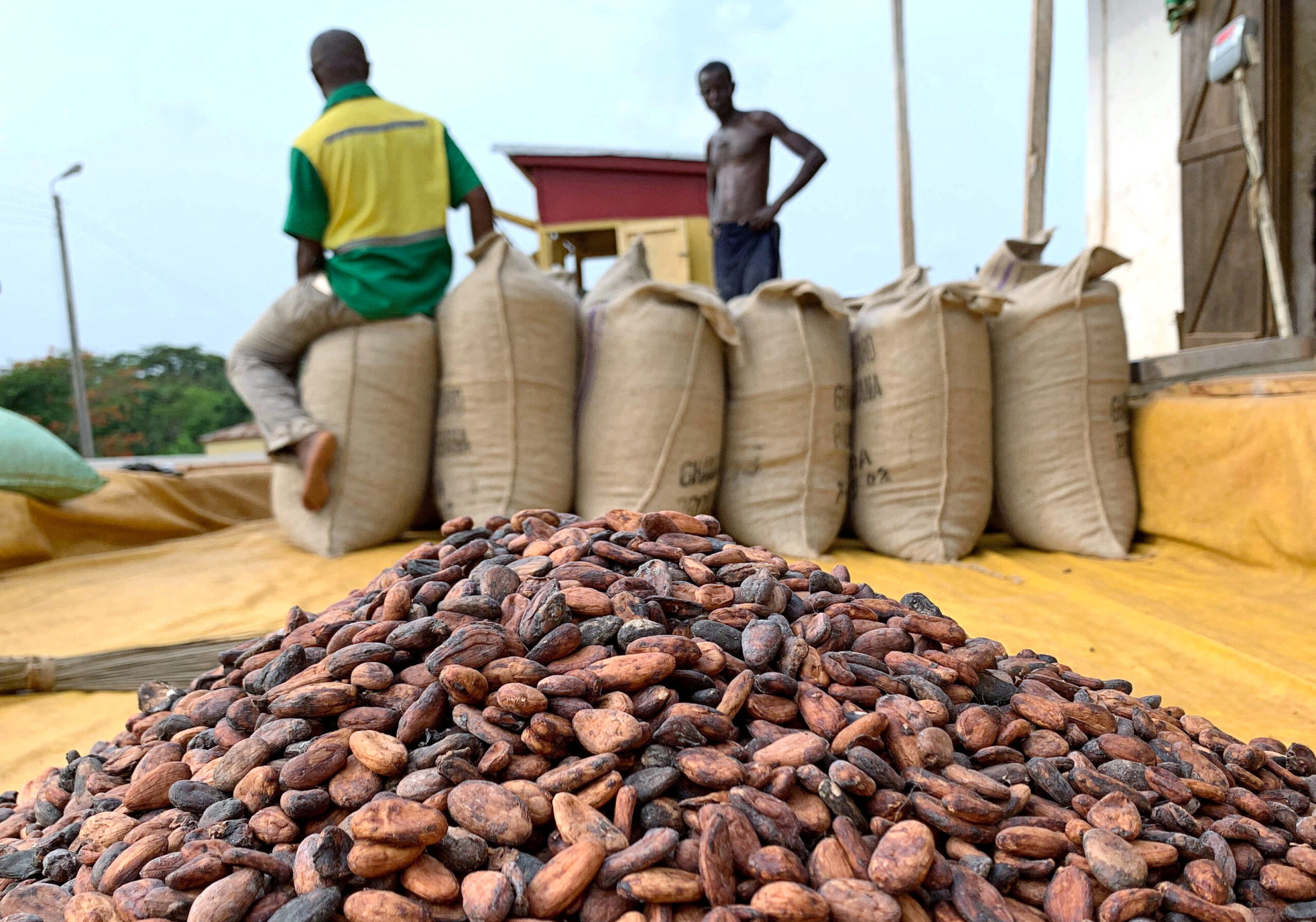World Bank halts Tanzanian tourism funding due to rights abuses
Controversy surrounds a conservation project in Tanzania as the World Bank freezes funding due to concerns about human rights violations.
Egypt vows to end bypassing Finance Ministry for loans — IMF
The IMF sounds the alarm on Egypt’s central bank lending to state agencies, citing inflation and currency risks.
Nigeria Central Bank targets retail dollar demand in strategy
Nigeria’s central bank sold dollars to exchange bureaus at a discounted rate to increase foreign currency supply and curb black market activity.
Boeing, Airbus eye Morocco’s skies
By offering a skilled and affordable workforce, the country is enticing industry giants like Boeing and Airbus to invest in manufacturing facilities.
Draft MoU expected from Ghana’s creditors for $5.4B loan
Ghana’s Finance Minister expects a draft Memorandum of Understanding (MoU) from bilateral creditors in May for the restructuring of $5.4 billion in loans.
Angola’s CB expects stable Kwanza amid fuel price changes
Angola’s Central Bank Governor expects relative stability for the country’s kwanza currency despite potential shifts in fuel price subsidies.
South Africa inflation eases in March
South Africa’s inflation fell to 5.3% year on year in March in a sign that Africa’s most industrialized economy was winning the battle to bring down prices.
Italy to provide Nigeria with 24 fighter jets
Nigeria plans to acquire 24 fighter jets from Italy’s Leonardo to enhance its air force’s capabilities, with the first six jets expected before the end of the year.
Turkey intends to boost trade with Tanzania: Trade minister
Two countries sign 6 agreements in various sectors during Tanzanian president’s visit to Ankara
Yemen, Sudan suffering amid civil wars — IMF
IMF Chief Kristalina Georgieva highlights the suffering in Yemen and Sudan amidst overshadowing global conflicts, emphasizing IMF support for all members.
Nigeria sees record inflation in March
Nigeria’s headline inflation rate rose 1.50% to 33.20% in March, the country’s statistics bureau reported on Monday. The figure is the highest in 28 years. The National Bureau of Statistics attributed the increase to soaring food and energy costs. Consumer inflation in Africa’s most populous country has been on an upward trend for 15 straight months, eating into people’s incomes and draining savings. It was at 31.70% in February. The agency reported that food inflation stood at 40.01% in March 2024. It was at 37.92% in February. The removal of a fuel subsidy by new President Bola Tinubu last June has seen prices skyrocket in Nigeria, leaving millions of people struggling to meet basic needs. Nigeria has also devalued its currency – the Naira twice in under a year in a bid to ease chronic shortages of forex, making the dollar appreciate remarkably against the Naira. This year alone, Nigeria’s central bank has twice raised interest rates in a bid to calm down inflation. The bank said it expected prices to begin dropping in May.
Kenyan court orders urgent agreement to end doctors’ strike
Kenyan court orders doctors and government to reach agreement within 48 hours to end nationwide strike over pay and working conditions.
Nigeria suspends permit of 3 private jet operators
This crackdown comes after the NCAA’s stern warning in March against PNCF holders engaging in commercial operations.
Ghana still striving to reach debt deal with bondholders
Ghana is yet to reach a definitive deal with international bondholders towards the restructuring of about $ 13 billion of its external debt.
Nigeria recovers $28.8M in corruption probe
Economic and Financial Crimes Commission probing minister for diverting funds meant for humanitarian interventions, says official
Zimbabwe’s new currency suffers chaotic start
The new ZIG currency which was supposed to be effective from April 8 was delayed until the April 30th, leaving the US Dollar, dominating the market.
Egypt to receive € 1 billion loan from EU
The EU said it would loan Egypt a little over $1 billion in short-term financial aid to help stabilise the country’s economy.
IMF validates $360m aid tranche for Ghana
IMF validates $360M aid tranche for Ghana to address economic crisis, part of larger assistance package.
IMF chief warns against weak global economic growth
Global output loss since 2020 around $3.3 trillion, says Kristalina Georgieva
Zimbabwe’s currency stumbles: Banks down, old cash useless
Zimbabwe’s launch of a gold-backed currency, ZiG, faced chaos with bank system issues, worthless old notes, and continued dominance of US dollars.
Egypt’s March inflation figures expected to edge upwards
Inflation in Egypt is forecast to have increased in March.
IMF praises resilient Ivory Coast economy, OKs $574M package
The IMF approved over $570 million for Ivory Coast to support its economic reform program and a new climate change initiative.
Nigeria files fresh charges against ex-central bank chief
The charge sheet claims that the allocation was done without supporting bids.
Zimbabwe launched a new currency
Zimbabwe unveils new currency as depreciation, inflation stoke turmoil
Ethiopia official creditors to extend deadline for IMF deal
Paris Club extends Ethiopia’s IMF deal deadline to June, offering a brief respite amid ongoing debt crisis negotiations.
Ghana to hike cocoa farmgate price by 50 pct
To address smuggling and share profits from the global cocoa price boom, Ghana announces a significant increase in farmgate prices for cocoa farmers.
Caledonia seeks AfDB for $250 Million Zimbabwe gold mine
Caledonia Mining, aiming for Zimbabwe’s biggest gold mine, seeks funding from African development banks for its $250 million Bilboes project.






